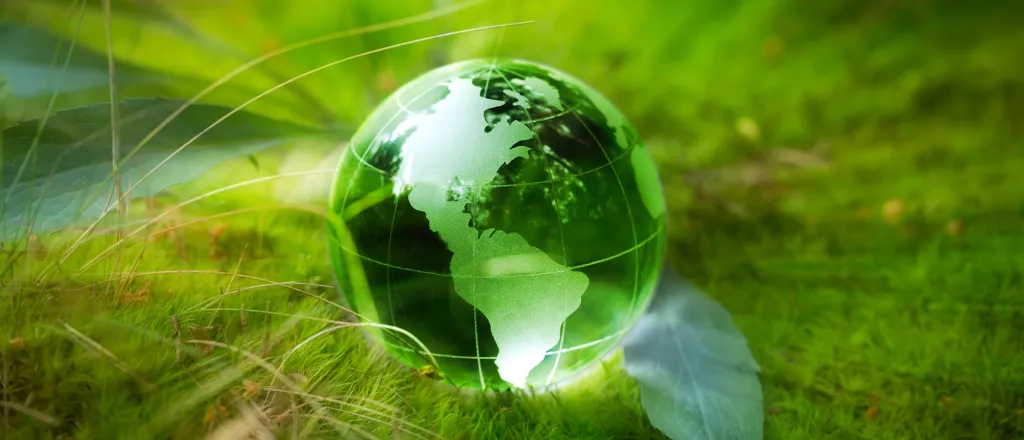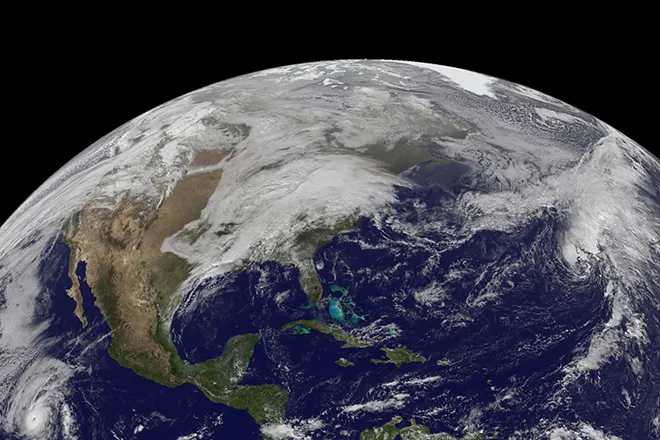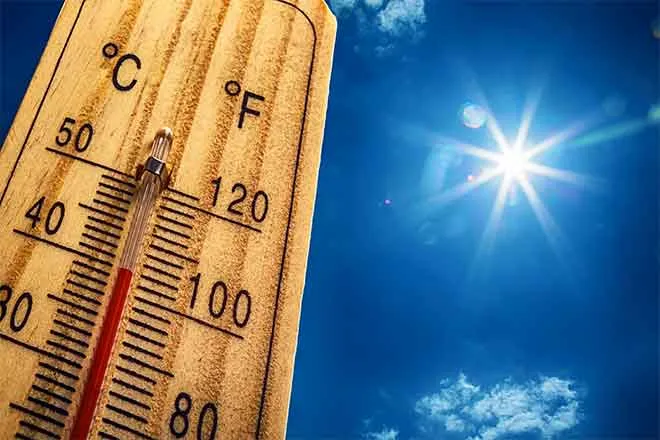
EarthTalk – Does pet waste have an impact on the environment?
© iStock
Dear EarthTalk:
Does all the pet waste American dogs and cats leave behind outside have an effect (positively or negatively) on the environment?
Mary C., Seattle, WA
Dog and cat waste may seem harmless, but the reality is that your pet’s poop can be very problematic for ecosystems where it accumulates. Think of an ecosystem as a closed box. Within that closed box is everything that makes up an ecosystem: the dirt, the bugs, the animals, the plants, the microbes, and all the different chemicals necessary for the functioning of each of the organisms that call this “box” home. Some organisms prefer some chemicals in abundance; others do not. As such, a homeostasis of sorts develops over time that eventually balances the populations of each organism in the box.
As these organisms eat one another, they absorb nutrients and excrete waste that is essentially a product of the organism they ate, derived from the very same chemicals that organism was made of. So, in effect, there is never an addition or subtraction of anything to that box. The same chemicals are being used over and over. However, if you were to add waste that was derived from an outside source to that box (ecosystem), say a dog-food factory where the ingredients (and therefore the chemicals) are chosen in abundance to provide the best possible diet, then you would be upsetting the balance of that ecosystem.
The chemicals found in pet feces that are the most problematic are nitrogen and phosphorus, which in overabundance can cause certain organisms to thrive, and others to falter. Algae blooms, for example, thrive when nitrogen and phosphorous levels are high. These blooms can spread very quickly across waterways, sucking the oxygen from aquatic ecosystems and suffocating the wildlife found therein.
According to an article by the British Ecological Study, the average dog excretes 11 kg of nitrogen and 5 kg of phosphorus per hectare. Livescience.com estimates that there are some 83 million dogs in America alone, producing 10.6 million tons of feces each year. With numbers like these, it’s easy to see the significant influence this amount of waste can have on the chemical balance of natural ecosystems.
That being said, pet waste is an issue of extreme importance not only for Earth’s ecosystems, but for our own health as well. According to the Clean Water Campaign of Atlanta, Georgia, pet waste can contain up to 23 million fecal coliform bacteria per gram, the kind that causes serious intestinal illnesses and kidney disorders. To make the issue worse, Livescience also states that the microbiota of certain American watersheds (20-30 percent) and airways (10-50 per cent) consists of dog feces- derived bacteria.
So, what are we supposed to do with all this poop? Throwing it in the trash unfortunately just moves the problem to another location. Our best option would be to naturally compost it, but if your options are limited, flushing it down the toilet to be processed at a sewage treatment facility is considered the most convenient and greenest option today.
CONTACTS
- Deluge of dog pee and poo harming nature reserves, study suggests, theguardian.com/environment/2022/feb/07/dog-pee-and-poo-harming-nature-reserves-study
- The Poop Problem: What To Do With 10 Million Tons of Dog Waste (Op-Ed), livescience.com/44732-eliminating-pet-poop-pollution.html
- If You Think Picking Up Dog Poop Is Unpleasant, Try Swimming In It, cfpub.epa.gov/npstbx/files/cwc_petwastefactsheet.pdf.

















